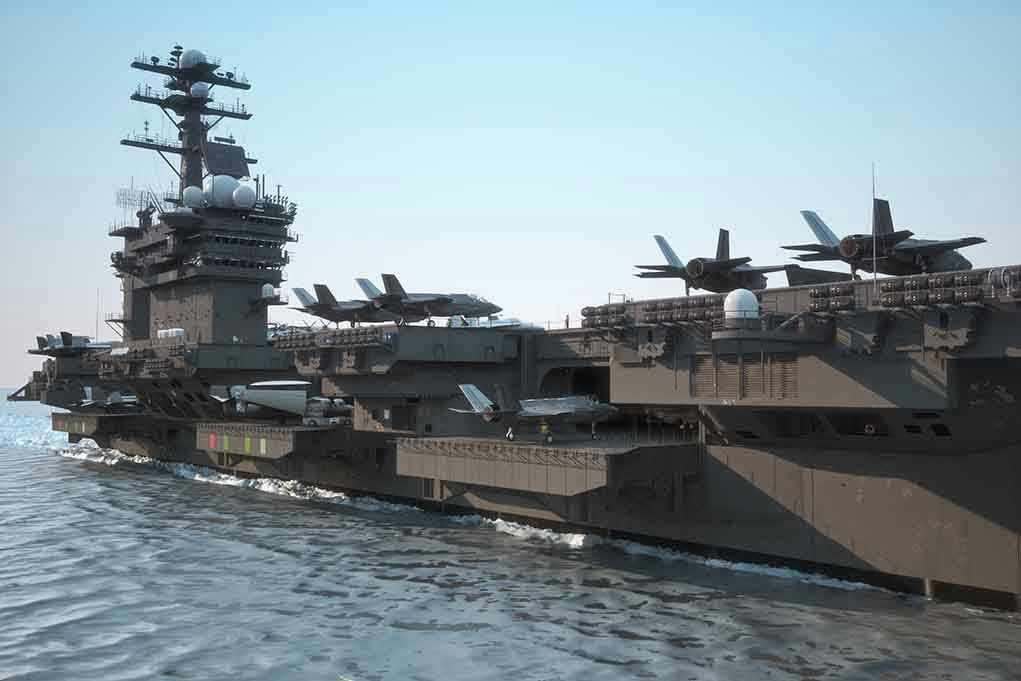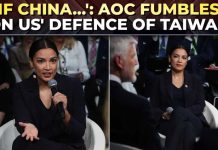
The U.S. military buildup in the Caribbean signals a strategic campaign against Venezuela, raising alarms about potential threats to regional stability.
Story Highlights
- The U.S. has significantly increased its military presence in the Caribbean, deploying advanced aircraft and warships.
- Officially framed as a counternarcotics mission, the buildup is widely seen as a move to pressure President Nicolás Maduro.
- Recent U.S. military strikes have heightened tensions, suggesting a possible escalation in the region.
- Concerns arise about the potential for direct U.S. intervention in Venezuela, sparking regional anxiety.
U.S. Military Presence in the Caribbean
The United States has significantly augmented its military forces in the Caribbean, deploying a formidable naval armada and advanced aircraft under the guise of a counternarcotics and counterterrorism mission. This escalation includes 4,500 troops, eight warships, and F-35 fighter jets, ostensibly to combat drug trafficking. However, many analysts and officials suggest that the real objective is to exert pressure on Venezuelan President Nicolás Maduro, whom the Trump administration considers illegitimate and accuses of criminal activities.
Recent military strikes by the U.S. on boats allegedly linked to drug cartels have intensified regional tensions and raised concerns about potential escalation or direct military action inside Venezuela. This aggressive military posture is reminiscent of previous U.S. interventions in Latin America, leading to speculation about the true intentions behind the buildup. The official narrative of counternarcotics is widely perceived as a pretext for a broader strategic goal aimed at destabilizing Maduro’s regime.
Background and Motivations
U.S.-Venezuela relations have been fraught for years, especially since the presidency of Hugo Chávez and continuing under Maduro. The U.S. has consistently imposed sanctions, recognized opposition leaders, and accused the Venezuelan government of corruption and drug trafficking. The indictment of Maduro in the U.S. on drug trafficking charges and previous support for opposition leader Juan Guaidó reflect long-standing U.S. efforts to isolate Maduro diplomatically and economically. The current military buildup is a stark escalation, signaling a possible shift toward more direct intervention.
The Caribbean region serves as a key transit route for narcotics, making it a strategic area for the U.S. military presence. However, the scale and overt nature of the current deployment are unprecedented, hinting at ulterior motives beyond mere drug interdiction. The situation is further complicated by the ongoing humanitarian and economic crisis in Venezuela, which has created a volatile environment ripe for political maneuvering.
Potential Implications and Regional Impact
The heightened military tensions in the Caribbean pose significant risks for direct confrontation between the U.S. and Venezuela. The deployment of F-35 fighters to Puerto Rico underscores the seriousness of the situation, as do recent statements by U.S. officials emphasizing their readiness to use every element of American power. Maduro has publicly condemned U.S. actions, accusing them of being military attacks on civilians under the guise of counternarcotics operations.
The potential for escalation and conflict spillover is a growing concern for regional actors, who are wary of the destabilizing effects such a confrontation could have. The long-term implications could include the destabilization of the Venezuelan regime and strained U.S.-Latin America relations. Economic and social impacts could also arise, with disruptions to regional trade and potential increases in migration and humanitarian needs.











